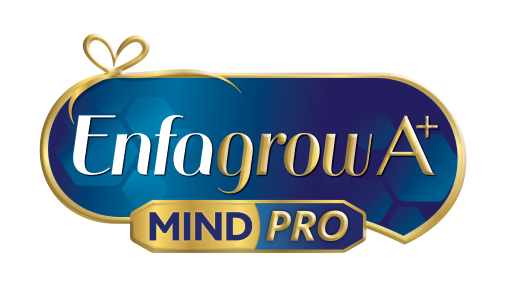
Preschool is a stage of learning and exploration for both parents and children alike. It is a time when children usually learn a new skill and gain confidence to try new things. Preschoolers tend to have more advanced physical and mental abilities. Therefore, parents would feel more confident in giving a little more independence to their curious preschooler. This is why preschool mental and physical preparation is imperative - let’s understand more.
While preschool is a time for great and exciting adventures, it can also be overwhelming and scary. Entering a new stage in life requires adjustments and changes to certain aspects of home and lifestyle. This can be quite physically and mentally challenging. Therefore, it is important for children to undergo adequate preschool mental and physical preparation beforehand. How can parents ensure that their children are mentally and physically prepared for preschool? This article hopes to address this question in detail.
Preschool Mental and Physical Preparation Tip #1: Develop Independence and Confidence
It is normal for young children to have separation anxiety when they're experiencing big life changes.1 Attending preschool will mean being away from familiar faces and environments for an extended period of time. This may cause preschoolers to be more clingy than usual. Part of the preschool mental and physical preparation that parents can do is to develop their kids’ independence and confidence.
Encourage the child's independence and confidence by doing simple chores at home. For example, putting place-mats on the dinner table or keeping his/her toys after playing, can be a good place to start. As part of their preschool mental and physical preparation, these simple chores will slowly build a child’s confidence and independence in getting things done. Make sure to show the child first on how a task is done. Try not to make the tasks too hard as this may set him/her up for failure and might prevent him/her from trying again. Instead, develop the child’s self-esteem by making him/her realize that they can do it on their own.2
Preschool Mental and Physical Preparation Tip #2: Practice Preschool
Practice makes perfect. This is true when it comes to preschool mental and physical preparation. While waiting for the start of classes, try recreating an environment of school at home. Parents should implement a routine similar to preschool activities such as nap time, snack time, and reading time. This will help the children get used to them. As most kids respond well to songs and games, playing pretend preschool might help the child adapt to a new environment. Reading books about kids going to school can also help engage the child’s interests in school life. Setting up play-dates with neighbours or going to playgrounds will allow the child to socialize and adjust to having other children around.
Preschool Mental and Physical Preparation Tip #3: Listen to your Child
Parents should encourage their children to speak up and contribute to the conversation. Always listen attentively to what the child has to say. Never underestimate the insights of a child, especially of a preschooler who has just learned to talk and express his feelings. When you listen carefully to your child, you will be able to understand their feelings and thoughts about the upcoming change. This is a crucial part of preschool mental and physical preparation for both parents and children. It can also be a way to figure out how to help them adjust to the change. One should foster interactions and try to understand what a child is thinking, feeling and experiencing.3
Preschool Mental and Physical Preparation Tip #4: Nourish your Child’s Body and Mind
Preschool is a lot of work and can be stressful for a child who isn’t used to the physical demands of the world. An important part of preschool physical and mental preparation is making sure that preschoolers eat and drink healthy to nourish their minds and body. Studies on preschool nutrition for children function as useful resources to help parents make informed meal choices for their preschoolers.4 Milk and dairy are important components in a preschooler’s diet as they are a good source of protein. Milk and dairy are also a good source of calcium, which aids in bone development.5 An active preschooler who attends school daily needs a well-balanced diet in order to thrive in his/her lifestyle.
Preschool may be intimidating at first. But with the proper preschool mental and physical preparation, it can become a chapter where some of the most unforgettable parenthood and childhood moments can happen.
REFERENCES:
- Anxiety in Children (2019). Retrieved July 20, 2020 from:
https://www.nhs.uk/conditions/stress-anxiety-depression/anxiety-in-children/ - Your Child’s Self Esteem (2018). Retrieved July 20, 2020 from:
https://kidshealth.org/en/parents/self-esteem.html - Talk, Read, and Sing Together Every Day! Tip Sheets for Families, Caregivers and Early Learning
Educators (n.d). Retrieved July 20, 2020 from:
https://www.ed.gov/early-learning/talk-read-sing and https://www2.ed.gov/documents/early-learning/talk-read-sing/preschool-en.pdf - Preschool Nutrition (n.d.). Retrieved July 20, 2020 from:
https://www.stanfordchildrens.org/en/topic/default?id=preschooler-nutrition-90-P02273 - Dairy (n.d.). Retrieved on July 28, 2020 from:
https://healthy-kids.com.au/food-nutrition/5-food-groups/dairy/.

